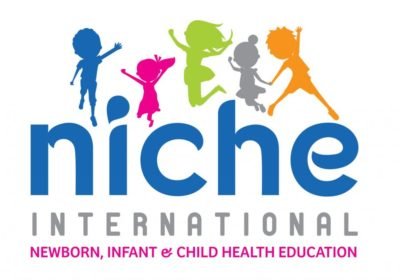Medical and nursing staff in the UK now have to undergo annual appraisals, usually with a peer who coaches them through their appraisal paperwork, discussing issues and highlights of the year with them and helping them to develop themselves as a health professional. Although there’s always a mad rush at the end of the year to get all the relevant bits of paper uploaded to one’s appraisal file in time for the allotted meeting, the process if done well encourages the health worker to focus on their goals for the next year, helps to prevent burn out and allows us all the space to reflect on our own practice.

This process is in its infancy in Liberia and Cameroon. Jarlath has put together a draft form which gathers information about skills and confidence decay, provides a method of assessing someone’s on-going competence and allows a structure for peer mentoring. We are not quite sure how this will work in the field but will be rolling it out over the next few years in Cameroon while we work out how to help support local instructors in the long term.
Click here for a preview.




